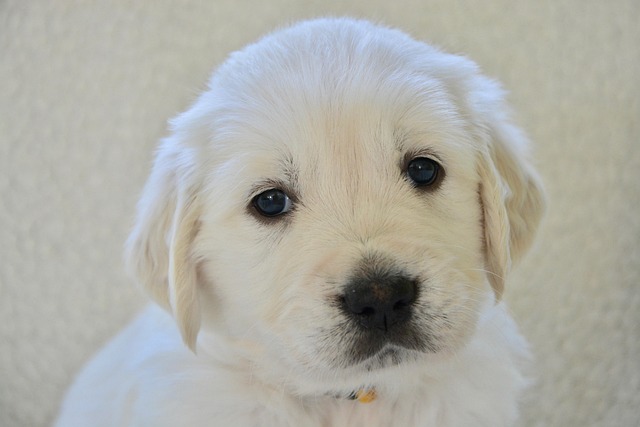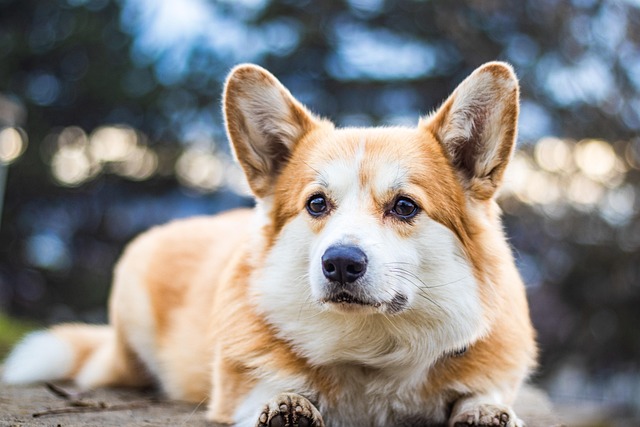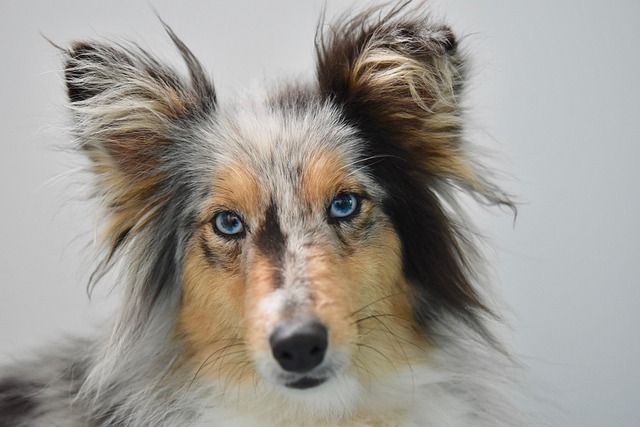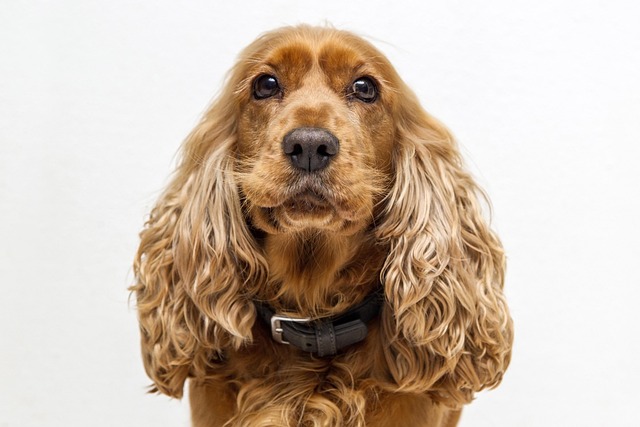Imagine this: You’re at a sun-dappled park in Denver, waving a frisbee and calling your Australian shepherd, Zara, but she’s too busy sniffing a patch of grass where a squirrel paused minutes ago. Your voice trails off as she trots farther, ignoring your pleas—“Zara! Come here!”—and you’re left wondering: Why won’t my dog listen, and can I ever fix this? You’re not alone. A Seattle couple once shared their frustration with their Labradoodle, who’d vanish during hikes to chase deer, until they discovered the secret to turning “come” into the most enticing command in their pup’s vocabulary.
Dogs ignore recall commands for three core reasons rooted in biology and behavior. First, distraction: their brains are hardwired to prioritize immediate sensory input—squirrels, barking dogs, or the scent of a picnic—over abstract commands. Second, negative associations: if “come” has ever meant the end of fun (like leaving the park abruptly) or punishment (yanking their collar or yelling), they’ll avoid it like a chore. Third, weak reinforcement history: if returning to you hasn’t consistently felt better than whatever they’re doing, why would they choose you? A vet in Austin explains, “Dogs live in the now. For them, ‘come’ must offer a better deal than their current activity—otherwise, they’ll hit the ‘snooze’ button on your call.”
Here’s how to rewrite that deal, step by step. Start in a low-distraction zone, like your living room, where you’re the only source of excitement. Kneel, call their name in a cheerful tone, and when they glance at you, reward instantly with a high-value treat (think: chicken breast, freeze-dried liver, or tiny pieces of cheese—something far more tempting than their regular kibble). Praise enthusiastically: “Good come, Zara!” Repeat this 10–15 times daily until they perk up and trot over every time their name is called.
Once they’re reliable indoors, graduate to the yard, then a quiet park. Use a long training leash (15–30 feet) to keep them safe while building confidence. When they start to wander, squat down, pat your legs, and make a silly noise (kiss sounds or a high-pitched “here, here!”) to grab their attention. The moment they turn toward you, reward before they fully reach you—this reinforces the action of moving toward you, not just the arrival. A New York City dog trainer swears by the “party trick”: when your dog comes, toss a handful of treats on the ground in a wide arc, creating a scavenger hunt that makes coming to you feel like a carnival.
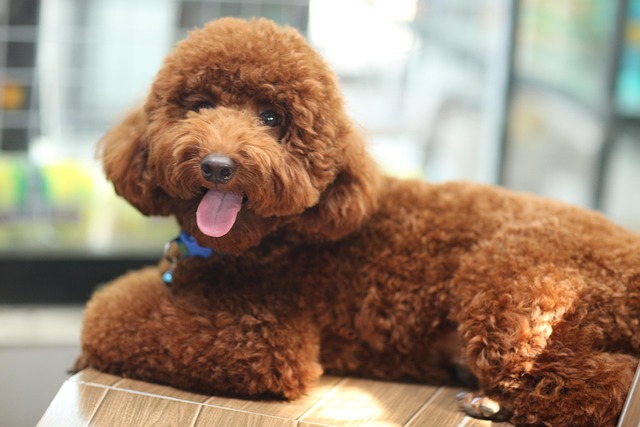
If they ignore you outdoors (it happens—even to the best-trained dogs), never chase or scold. Chasing turns it into a game (“Let’s race!”), while scolding teaches them to fear you, not obey. Instead, use the leash to gently guide them back, then offer a treat and a minute of play before continuing your walk—so “come” doesn’t signal the end of fun. Gradually, reduce reliance on the leash as their recall improves, but always carry it in public (required by law in most U.S. cities, like Chicago, where off-leash fines start at $200).
This training ties to responsible pet ownership in the U.S. and Europe. First, keep vaccinations up-to-date (rabies shots are mandatory by 4 months in states like California) to protect your dog and others, especially if they interact with other dogs during recall practice. Second, respect leash laws and clean up promptly—public spaces like Miami’s South Beach require owners to scoop poop, and a reliable recall makes compliance easier and safer. For apartment dwellers, practicing recall in hallways or elevators prevents your pup from dashing into neighbors’ homes or escaping through open doors, fostering goodwill in your building.
Culturally, avoid punishment-based methods like shock collars or jerking the leash. These damage trust and contradict the positive reinforcement ethos central to modern pet care in the U.S. and Europe, where kindness is proven to build faster, more lasting obedience. Instead, celebrate every small victory: a head tilt toward you, a pause in their sniffing, or a single step in your direction. A Boston terrier owner in Portland started by rewarding her pup for simply acknowledging her voice in a busy park; within weeks, he’d abandoned his squirrel chase to sprint back for his “payday” of treats and belly rubs.
The truth is, no dog is “unteachable”—just untrained. With consistency (10 minutes of daily practice), creativity (vary your rewards to keep them guessing), and patience (progress comes in stages, not leaps), even the most free-spirited pup will learn that coming to you is the best part of their day. Remember: in crowded places like Atlanta’s BeltLine or San Francisco’s Golden Gate Park, a strong recall isn’t just a skill—it’s a lifeline. Start small, stay positive, and watch your dog transform from “selectively deaf” to eager to return, tail wagging, every time you call.
